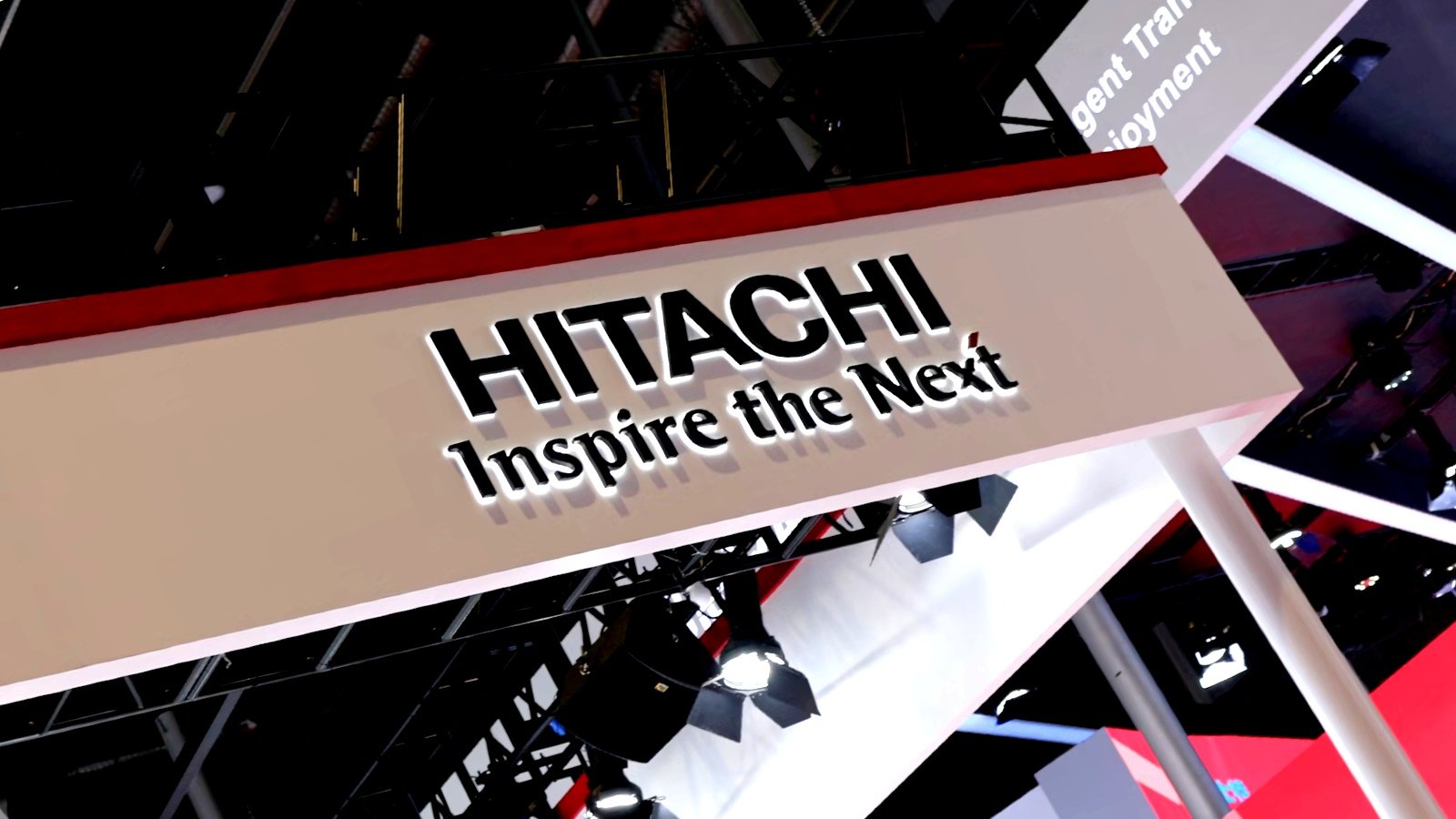Hitachi Vantara, a subsidiary of the renowned Japanese conglomerate Hitachi, recently faced a critical cybersecurity incident when it became the target of an Akira ransomware attack, prompting the company to take several servers offline as a precautionary measure. This response underscores the growing importance of robust incident management protocols in today’s digital landscape.
Hitachi Vantara specializes in data storage solutions, infrastructure systems, cloud management, and ransomware recovery services for various government entities and prominent global brands, including BMW, Telefónica, T-Mobile, and China Telecom. The diversity of their clientele illustrates the critical need for rigorous security measures across all sectors.
In a statement to BleepingComputer, Hitachi Vantara confirmed the occurrence of the ransomware attack. The company engaged external cybersecurity experts to evaluate the incident’s ramifications and is actively working towards restoring all affected systems. “On April 26, 2025, Hitachi Vantara experienced a ransomware incident that has resulted in disruptions to some of our systems,” the company stated.
Upon identifying suspicious activities within their network, Hitachi Vantara promptly activated their incident response protocols and sought the expertise of third-party specialists to facilitate the investigation and remediation efforts. “We proactively took our servers offline to contain the incident,” they added. This decision exemplifies the necessity of swift containment in mitigating the impact of ransomware attacks.
The company assured stakeholders, “We are working diligently with our third-party experts to remediate this incident, continue supporting our customers, and restore our systems securely. We appreciate our customers and partners for their patience and flexibility during this challenging time.”
While specifics regarding the threat group remain unconfirmed, BleepingComputer’s sources indicate that the Akira ransomware operation is responsible for the breach. This group has a notorious reputation for stealing sensitive files and deploying ransom notes on compromised systems. Although Hitachi Vantara’s cloud services remained unaffected, disruptions were reported across various internal systems and manufacturing operations. Customers utilizing self-hosted environments could still access their data uninterrupted.
Further intelligence gathered by BleepingComputer revealed that the attack also impacted numerous government-related projects, highlighting that even public sector entities are not immune to the rising tide of ransomware threats.
The Akira ransomware strain, first emerging in March 2023, quickly gained infamy by targeting a broad spectrum of industries and swiftly accumulating a portfolio of victims. The group has since added over 300 organizations to its dark web leak site and has claimed high-profile hits on institutions such as Stanford University and Nissan in the Oceania region.
According to FBI reports, Akira ransomware has facilitated approximately $42 million in ransom payments as of April 2024, following breaches of over 250 organizations. The ransom demands, as revealed in negotiation discussions observed by BleepingComputer, fluctuate between $200,000 to several million dollars, depending on the size and profile of the compromised entity.
This incident serves as a potent reminder of the critical importance of proactive cybersecurity measures, incident response planning, and the continuous monitoring of digital infrastructures. As cyber threats evolve, organizations must remain vigilant and adapt to new tactics employed by malicious actors.
In conclusion, as ransomware attacks like the one faced by Hitachi Vantara become more prevalent, it is essential for all organizations to implement comprehensive cybersecurity strategies that not only protect sensitive data but also ensure rapid recovery in the event of a breach. Adopting these best practices is vital to safeguarding business continuity and maintaining trust among clients and partners.
